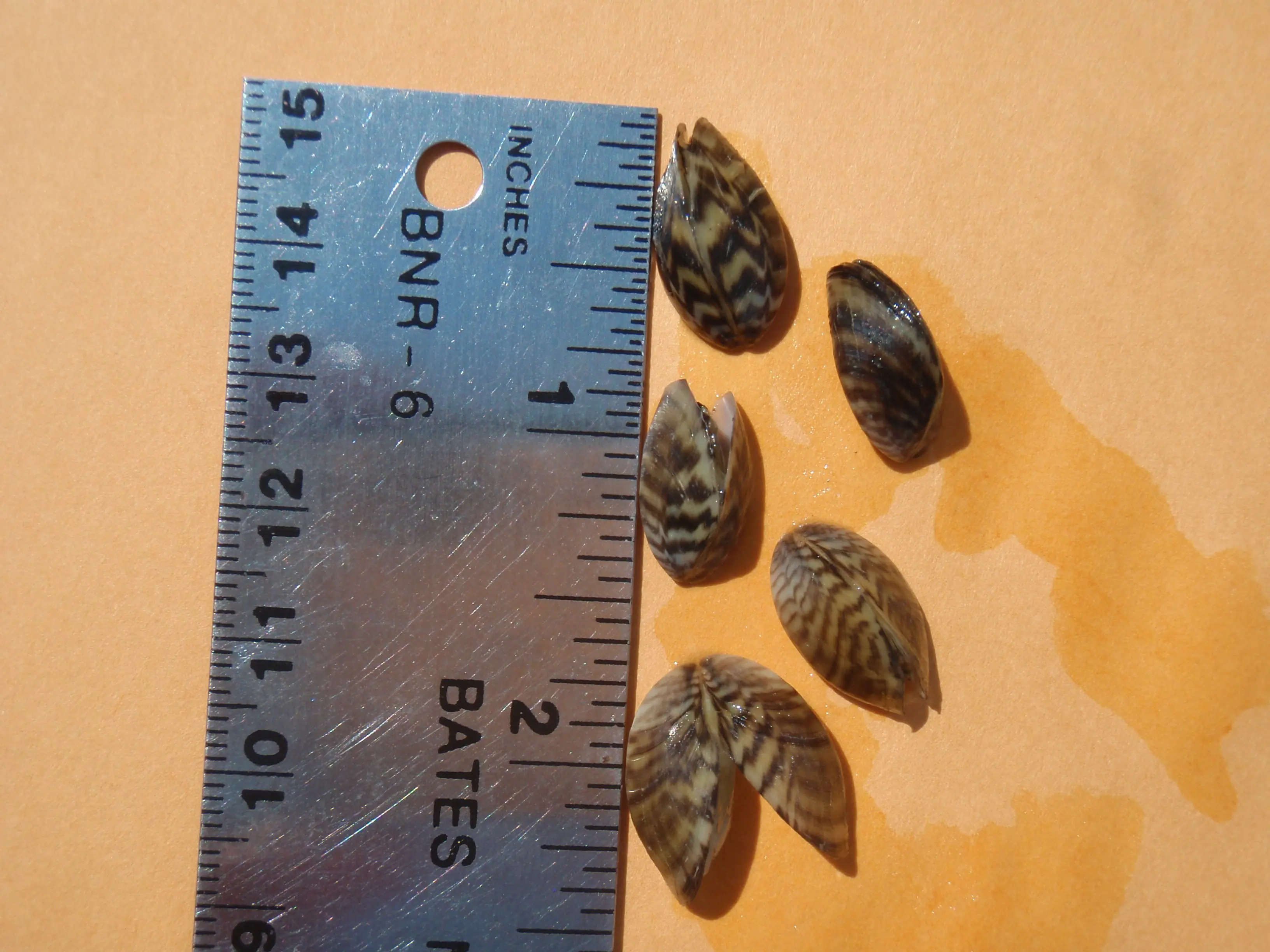They are on the move again.
Lake Waco has become the seventh lake in Texas to be infested by invasive zebra mussels.
City of Waco employees found suspected zebra mussels on September 26, and Texas Parks and Wildlife Department (TPWD) employees confirmed their presence Monday.
Brian Van Zee, Inland Fisheries Regional Director for the Texas Parks and Wildlife Department said, “This recent infestation is very disappointing, because TPWD, the City of Waco and the US Army Corps of Engineers have been working collaboratively for the past couple of years to educate the boating public about the zebra mussel threat.”
Thus far, all of the zebra mussels found have been located near a single boat ramp. If the population expands throughout the lake, it could impact the City of Waco and their water intake system as well as the fisheries and aquatic resources in the lake.
The rapidly reproducing mussels, originally from Eurasia, can have serious economic, environmental and recreational impacts on Texas reservoirs. Zebra mussels can clog public-water intake pipes, harm boats and motors left in infested waters, annoy lake property owners by completely covering anything left under water and make water recreation hazardous because of their sharp edges.
Heath McLane, Waco Lake Manager for the USACOE, said, “This is very discouraging news, and it will impact how we do business.”
In Texas it is illegal to possess or transport aquatic invasive species, and a rule that went into effect on July 1 requires persons leaving or approaching public water to drain all water from their vessels and on-board receptacles. This applies to all types and sizes of boats whether powered or not, personal watercraft, sailboats, kayaks/canoes, or any other vessel used on public waters. The rule is based on the fact that trailered boats tend to be the most likely way zebra mussels get transported from one water body to another.
Zebra mussels became established in Texas in Lake Texoma in 2009. In 2012, they were found in Lake Ray Roberts and the Elm Fork of the Trinity River. In 2013, zebra mussels spread to Lakes Bridgeport, Lavon, Lewisville and Belton.



1 comment
Zebra is hard to control, but the way to do it is costly in time and dollars for the boat owner. At one of the largest man made water supply source in MASS, the Quabbin watershed it is mandatory to have your boat washed and sealed before you can enter the watershed. Education is great but there are too many LAZY and people that just do not care, the free loaders. The other way out is to allow on rental boats on the lake and that would be controlled by the ACOE. I am sure that that would be a hard one to present to the public. Good luck in Texas. RJK
Comments are closed.